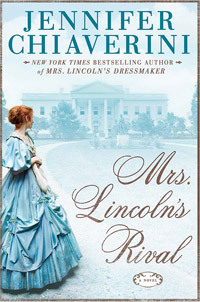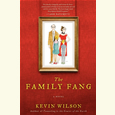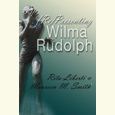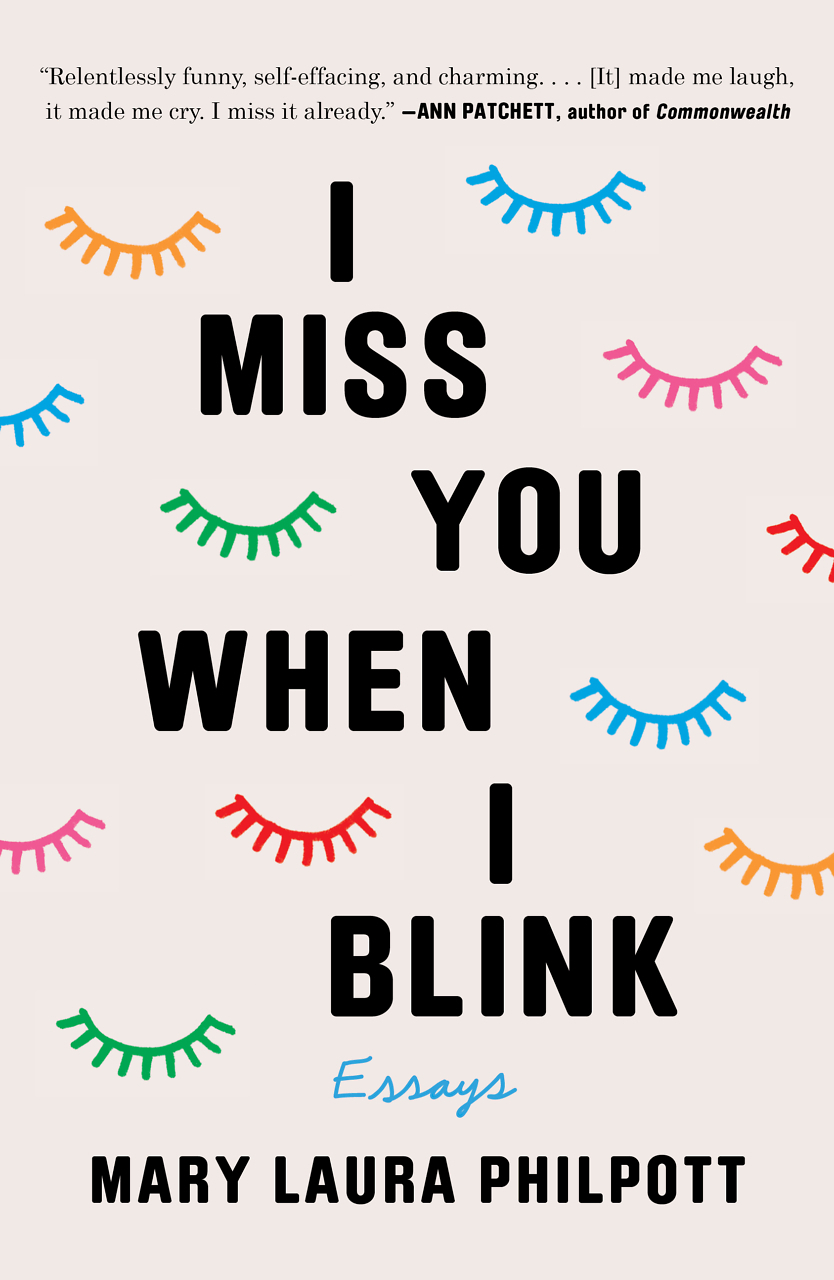The Other War
In her new novel, Jennifer Chiaverini examines the political rivalries in Civil War Washington
In her New York Times-bestselling novel, Mrs. Lincoln’s Dressmaker, Jennifer Chiaverini imagined the relationship between Mary Todd Lincoln and her dressmaker, Elizabeth Keckley. That novel describes a snub Mrs. Lincoln received from Kate Chase, the daughter of Lincoln’s Secretary of the Treasury. Chiaverini’s current novel, Mrs. Lincoln’s Rival, explores the life of Kate Chase herself, providing a perspective of the Civil War through the eyes of a woman enmeshed in the politics of the day. Kate Chase believed her father was the better choice for president, and she dreamed of being First Lady.
 The snub that so outrages Mrs. Lincoln is, in Kate’s view, simply payback for an earlier insult that Mary Lincoln had leveled at her. Upset that Kate and her family weren’t present when the President and his family passed through Columbus, the famously mercurial First Lady had offered a quick cut when Kate later asked her if the governor’s wife had welcomed them as well as she would have: “Better, perhaps,” Mrs. Lincoln replies. “Almost certainly better.” For Kate, who had made efforts to befriend Mrs. Lincoln, the game is on: “If Mrs. Lincoln was determined to have a rival, Kate would be happy to oblige.”
The snub that so outrages Mrs. Lincoln is, in Kate’s view, simply payback for an earlier insult that Mary Lincoln had leveled at her. Upset that Kate and her family weren’t present when the President and his family passed through Columbus, the famously mercurial First Lady had offered a quick cut when Kate later asked her if the governor’s wife had welcomed them as well as she would have: “Better, perhaps,” Mrs. Lincoln replies. “Almost certainly better.” For Kate, who had made efforts to befriend Mrs. Lincoln, the game is on: “If Mrs. Lincoln was determined to have a rival, Kate would be happy to oblige.”
These are two properly brought-up nineteenth-century society women, of course, so this particular rivalry involves no shouted exchanges. In fact, there is little contact between them. Much of what Kate learns about Mrs. Lincoln comes from newspapers and the gossip she gleans from John Hay, the President’s private secretary, who refers to the First Lady as the “Hellcat.” Still, the stakes here are far higher than the question of which woman will rule the social calendar in Washington: Mary Todd Lincoln suspects that Kate Chase wants to take her place in the White House, and her suspicion is correct.
 The action of this novel occurs during the Civil War, and Chiaverini provides a great deal of factual information about the context of the conflict between the two protagonists. Kate Chase is an intelligent woman who understands politics, and reading Mrs. Lincoln’s Rival is a profound reminder of how different life was for women in those days, a time when they could express ambition only through their fathers and husbands. It is helpful to keep these limitations in mind when reading about the calculating way Kate analyzes potential beaus for their political prospects or takes delight in malicious gossip about the First Lady. As her father’s dreams of becoming president begin to seem out of reach and her own marriage offers disappointments, Kate becomes a much more sympathetic figure.
The action of this novel occurs during the Civil War, and Chiaverini provides a great deal of factual information about the context of the conflict between the two protagonists. Kate Chase is an intelligent woman who understands politics, and reading Mrs. Lincoln’s Rival is a profound reminder of how different life was for women in those days, a time when they could express ambition only through their fathers and husbands. It is helpful to keep these limitations in mind when reading about the calculating way Kate analyzes potential beaus for their political prospects or takes delight in malicious gossip about the First Lady. As her father’s dreams of becoming president begin to seem out of reach and her own marriage offers disappointments, Kate becomes a much more sympathetic figure.
Sometimes it’s hard to imagine that ordinary life goes on during a war—that people still indulge in personal rivalries, that social events are held and discussed, and that politicians stab each other in the back. Mrs. Lincoln’s Rival is a well-researched reminder that even as a country is pulled apart, people will always remain all too human.

Faye Jones, dean of learning resources at Nashville State Community College, writes the Jolly Librarian blog for the college’s Mayfield Library. She earned her doctorate in nineteenth-century literature at Indiana University of Pennsylvania.


